Mobilize Science
“Mobilize Science“ is a social media profile created with Open Science as its guiding principle. It aims to disseminate scientific research to a general audience, who could benefit from mobilizing science in their daily life by following current advances in science.
All knowledge shared in the page is takes from high-powered research, meta-analysis and systematic reviews. This is done for minimizing the chances of sharing results from low quality evidence or evidence that does not properly explain a phenoma.
Below are a few posts and some of their accompanying texts:
All knowledge shared in the page is takes from high-powered research, meta-analysis and systematic reviews. This is done for minimizing the chances of sharing results from low quality evidence or evidence that does not properly explain a phenoma.
Below are a few posts and some of their accompanying texts:
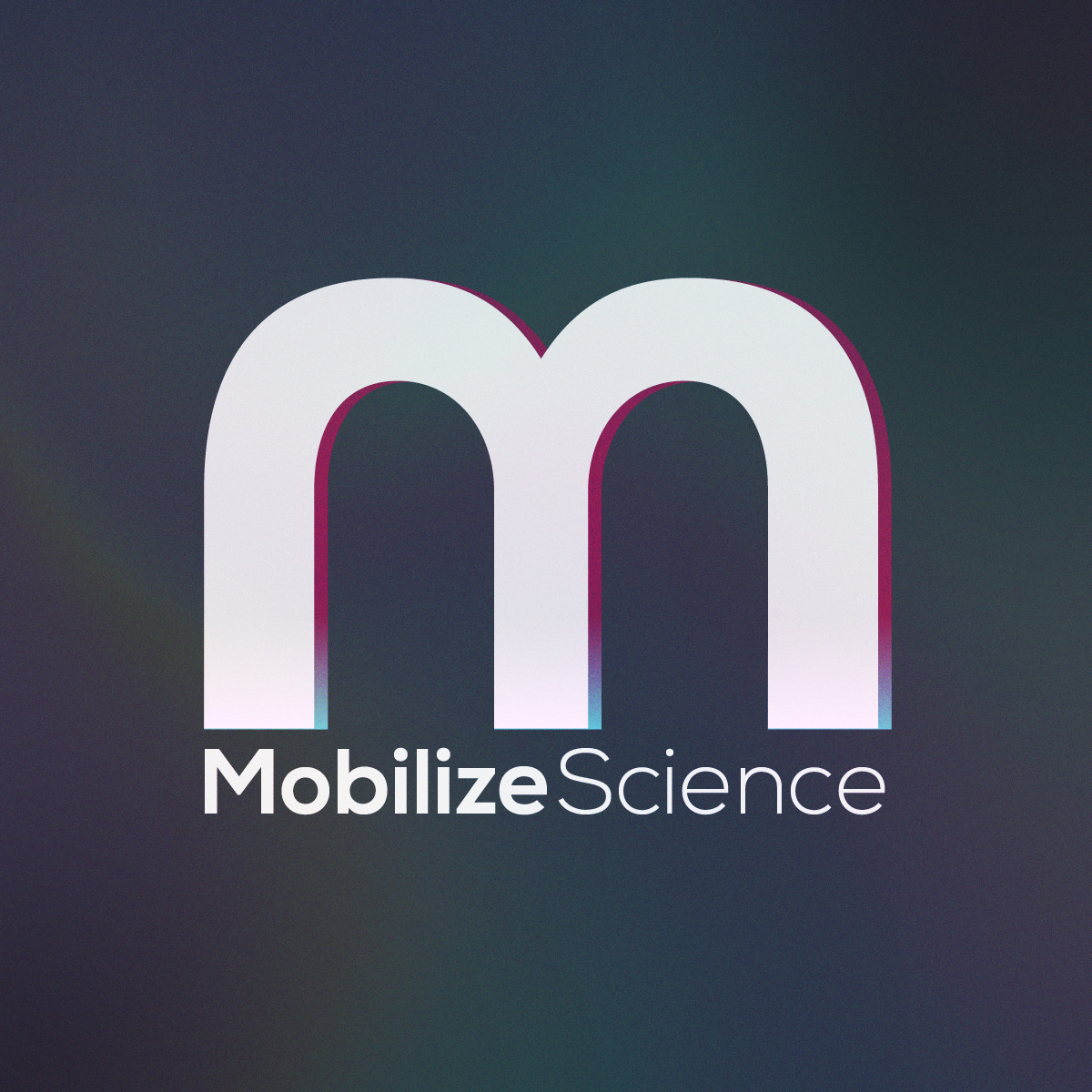
Health Sciences
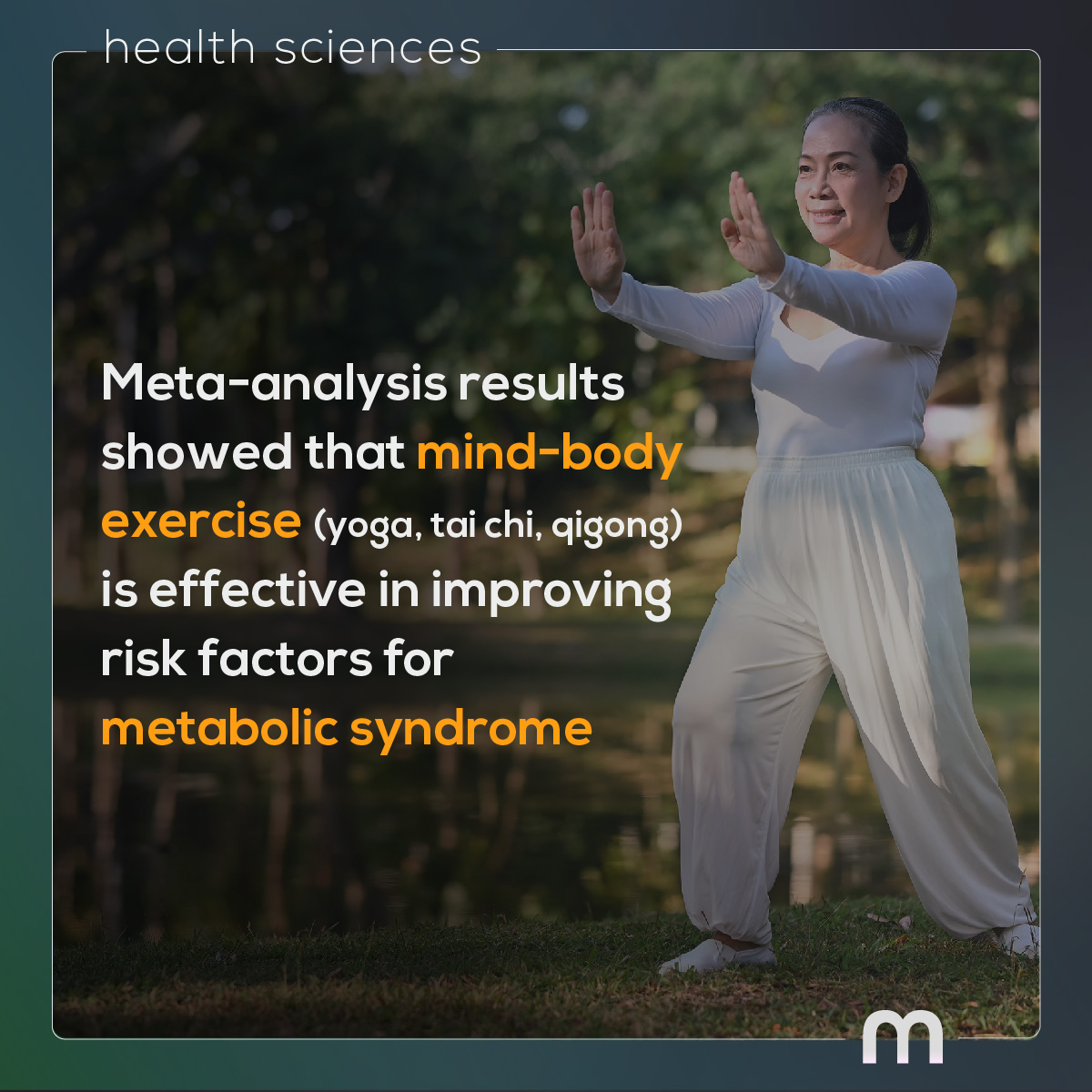
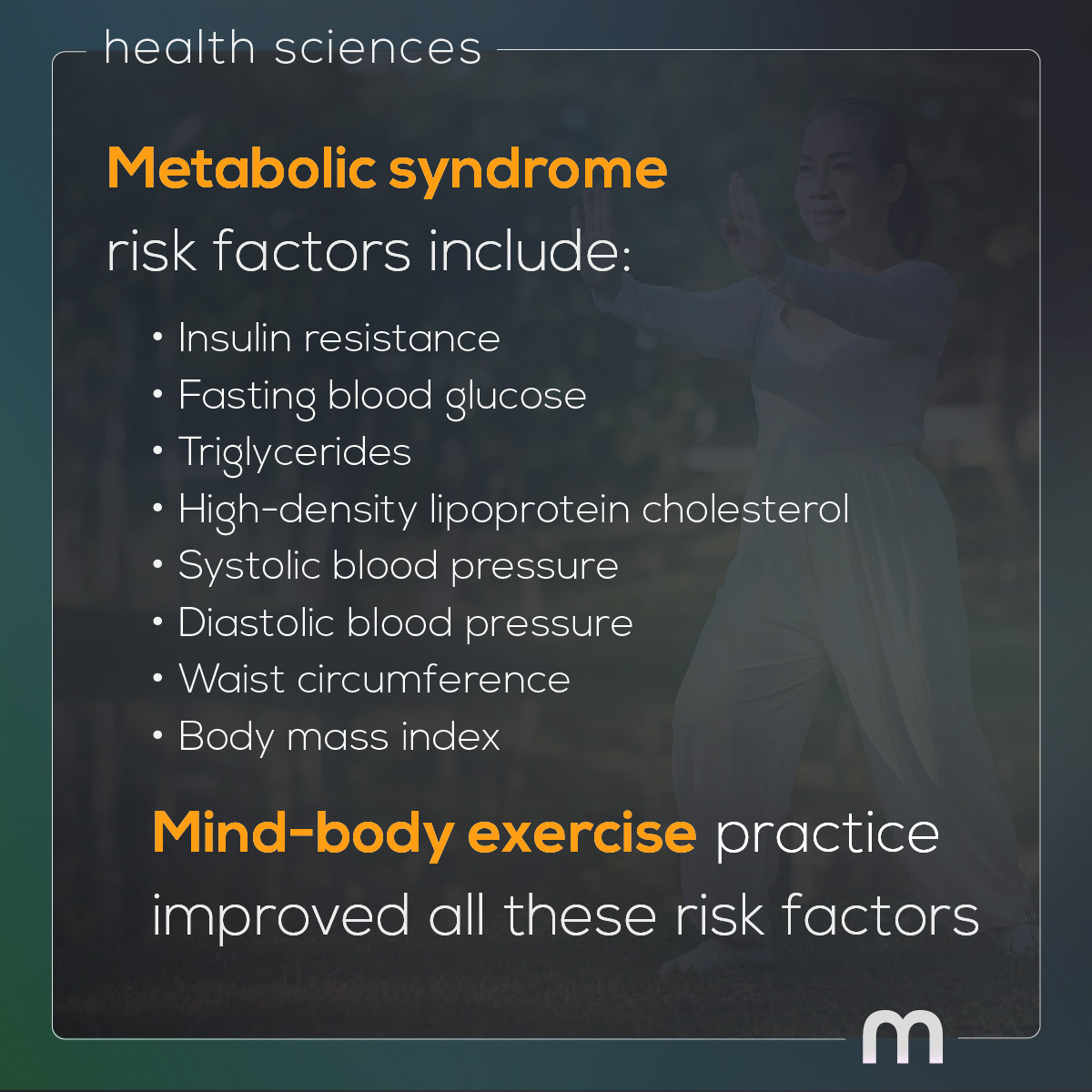
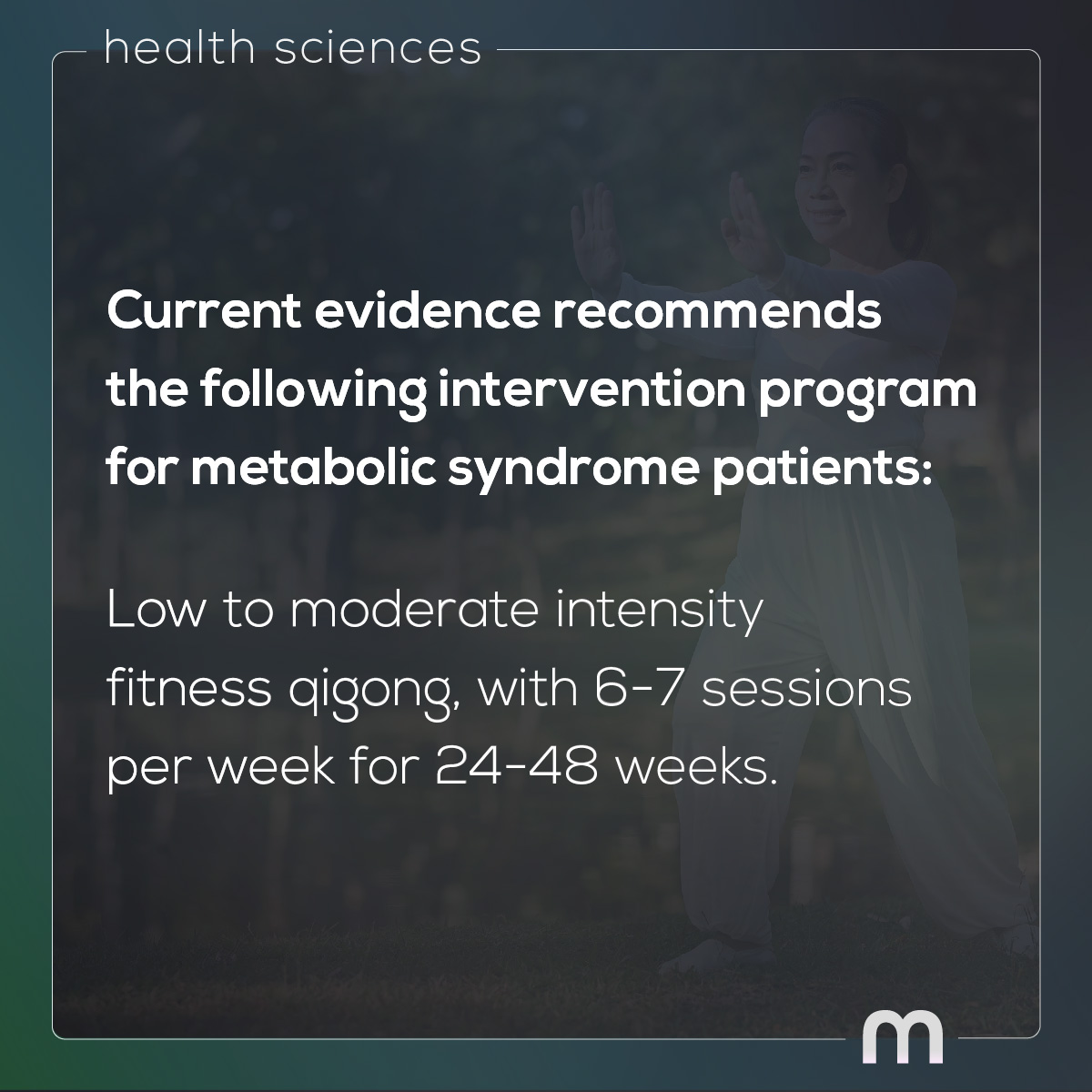
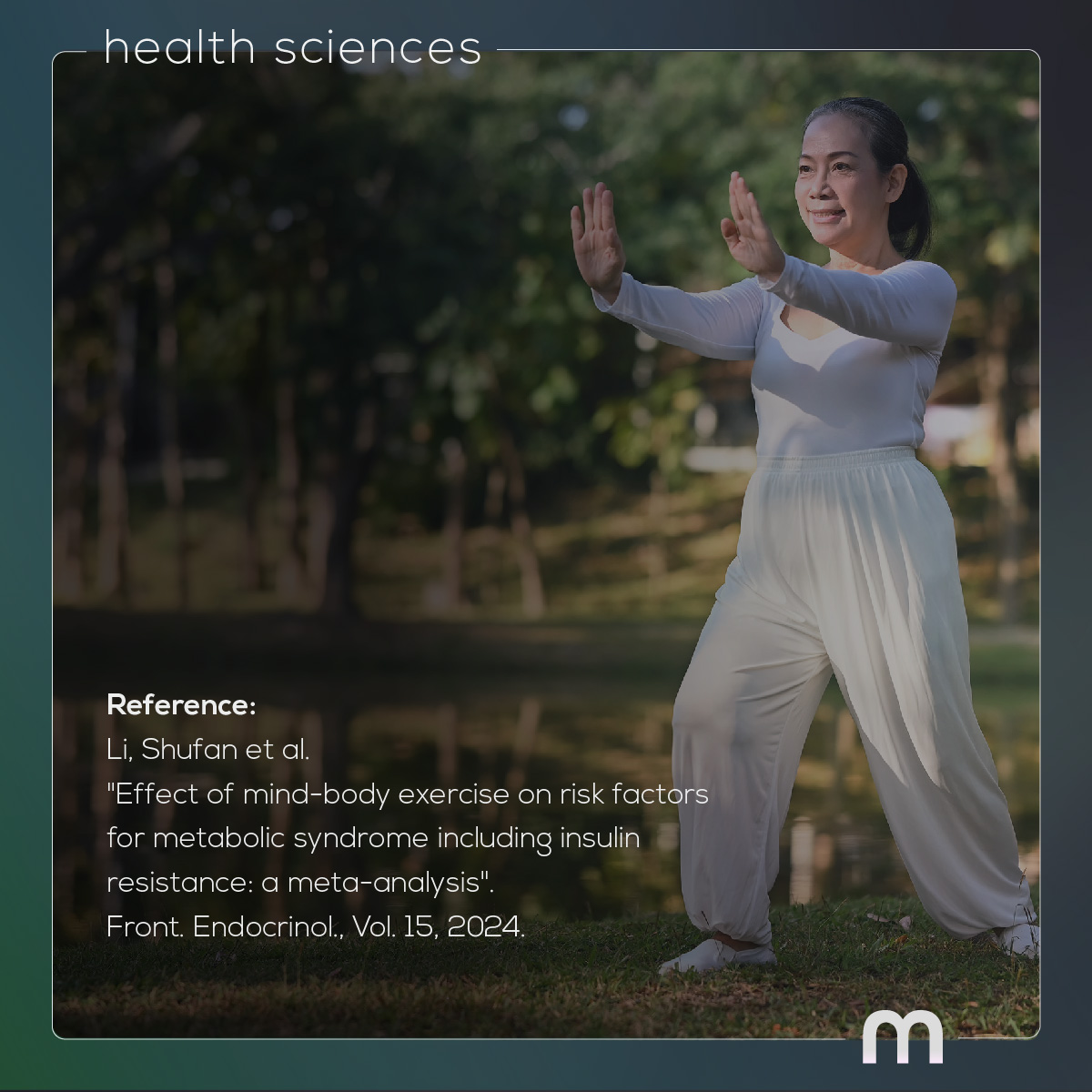

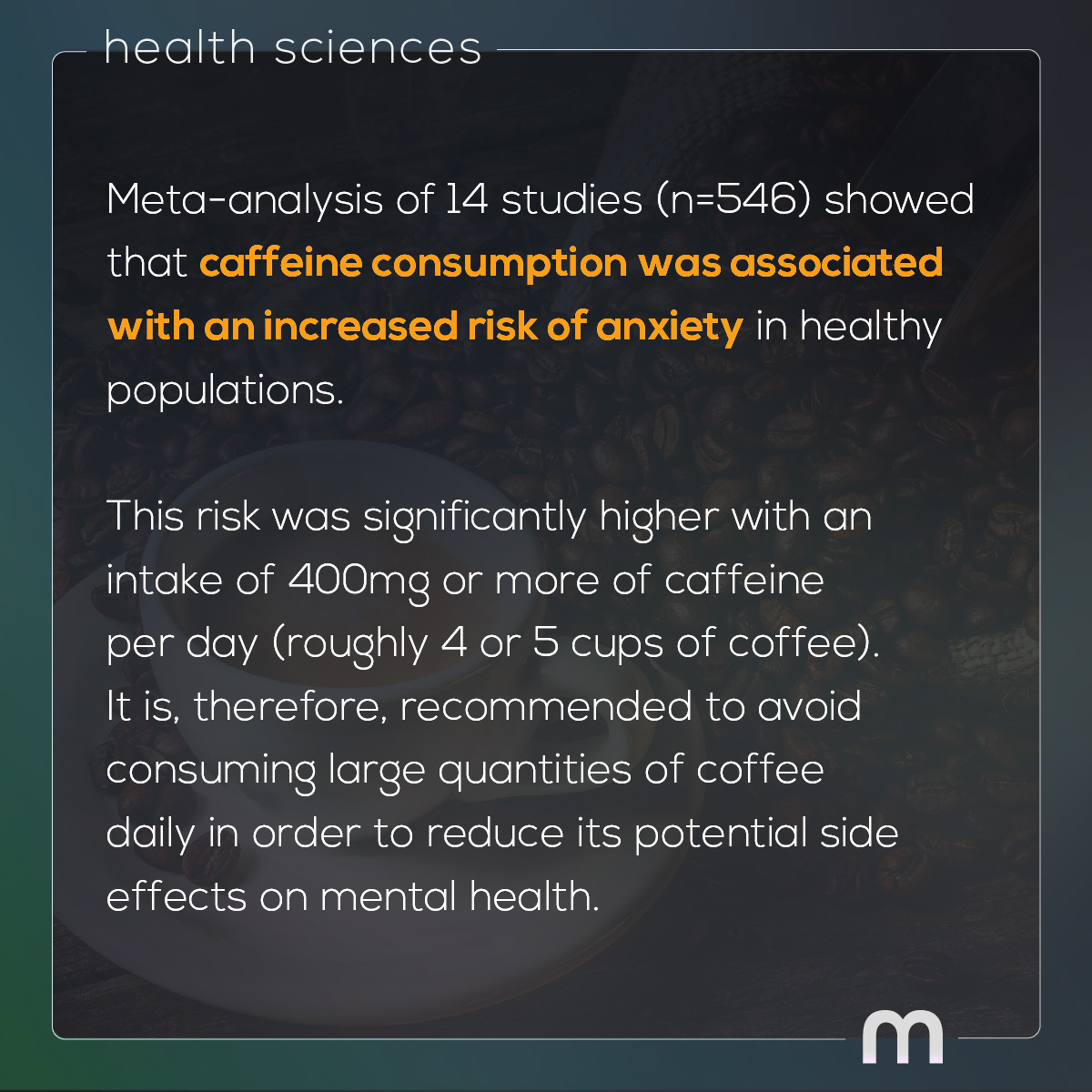
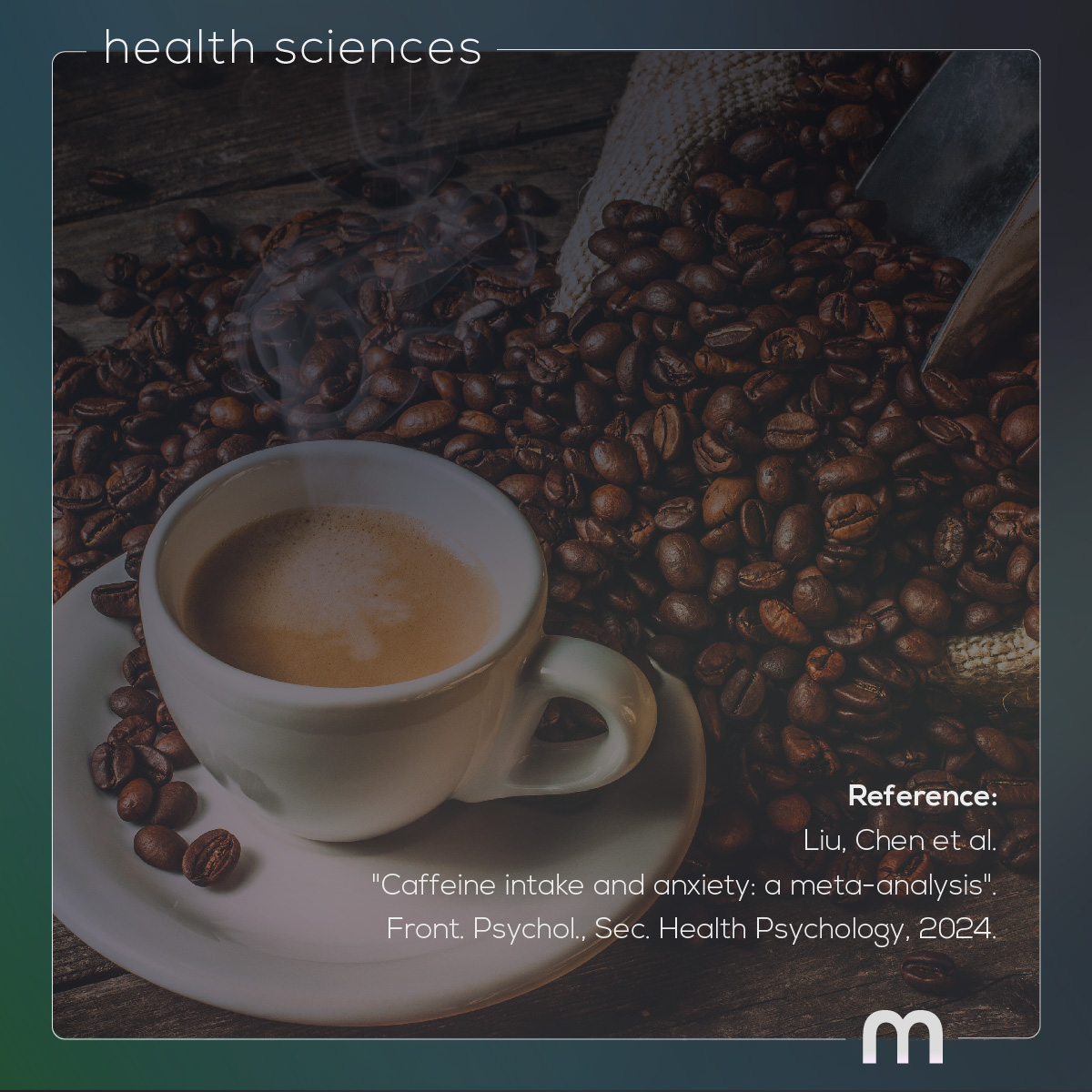
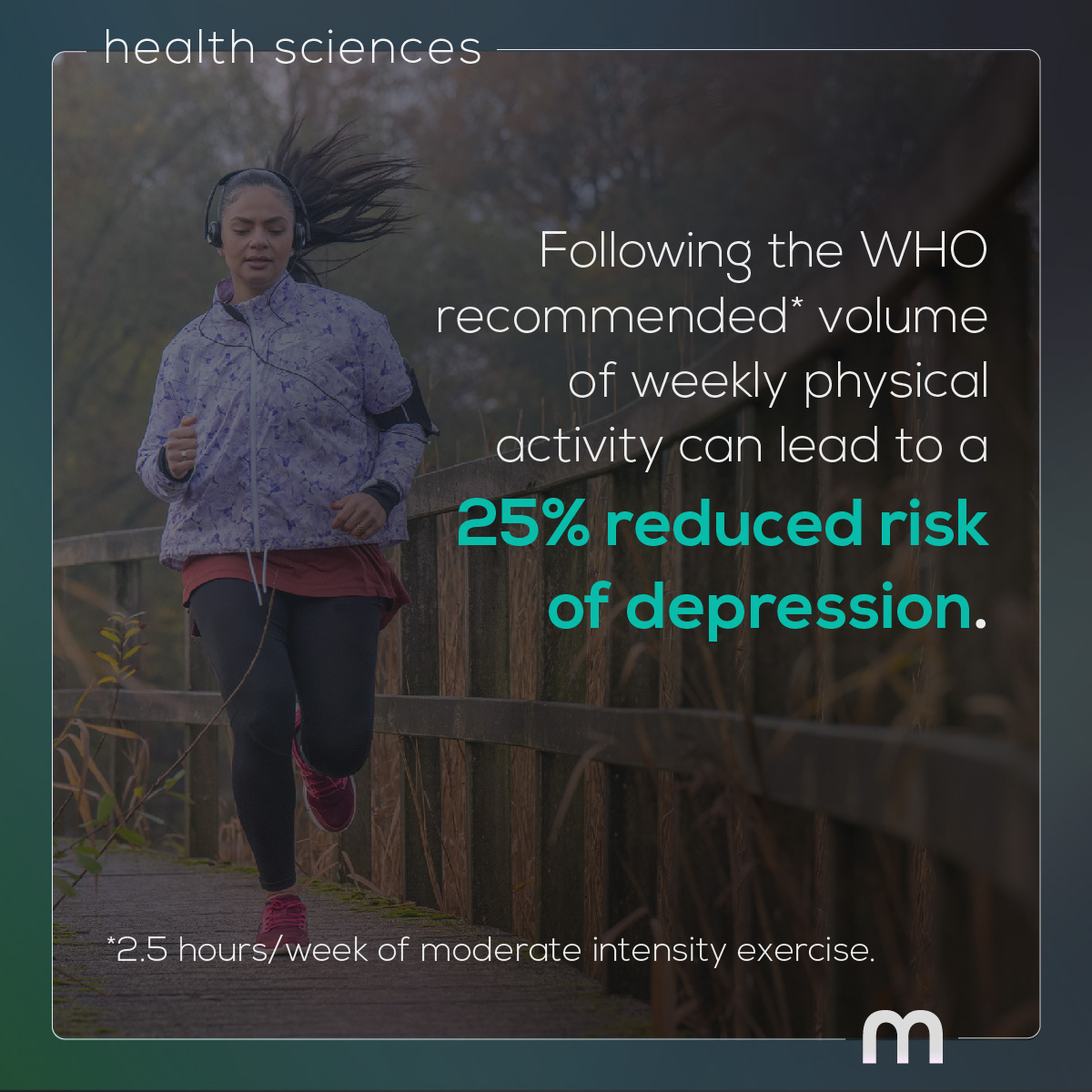


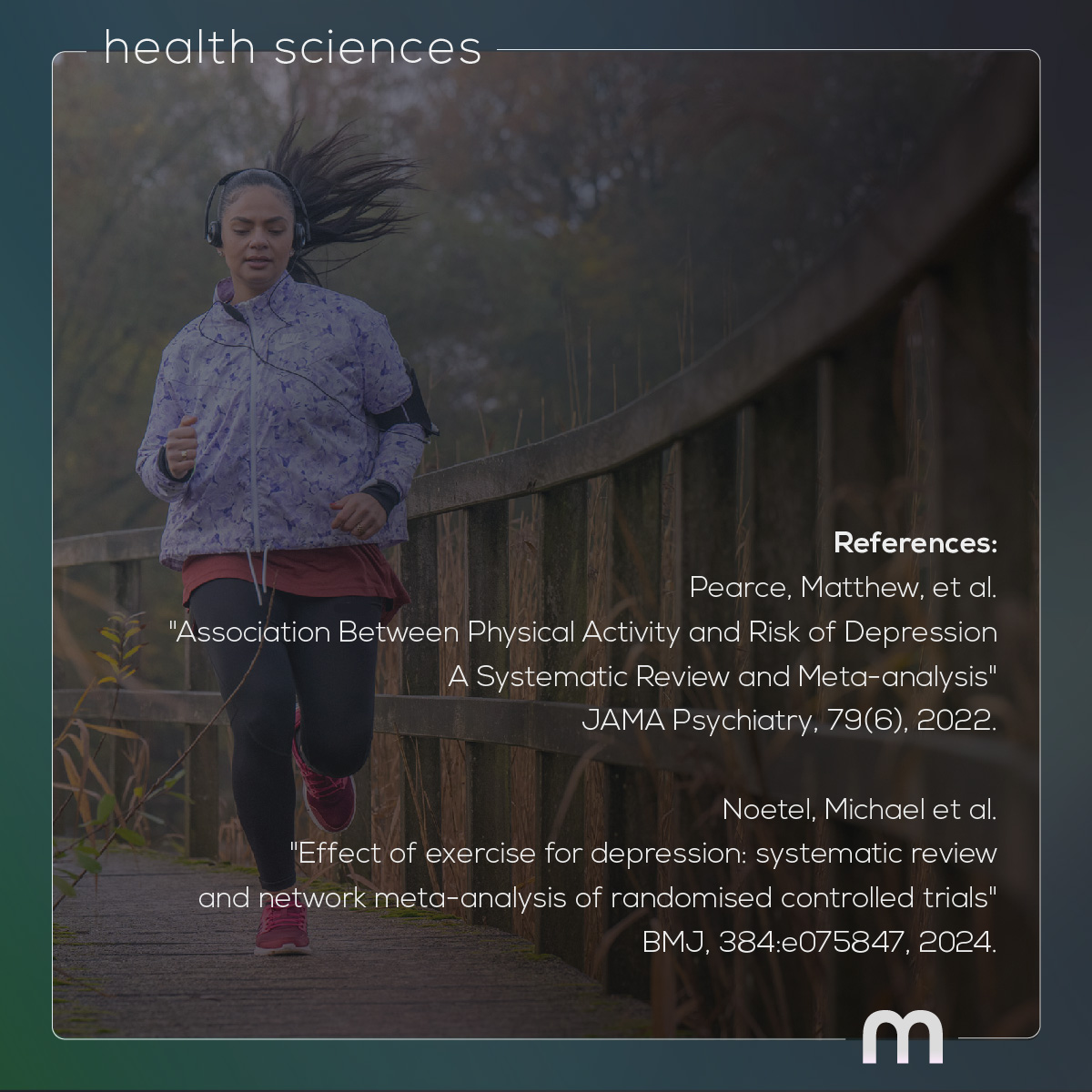
Psychiatry



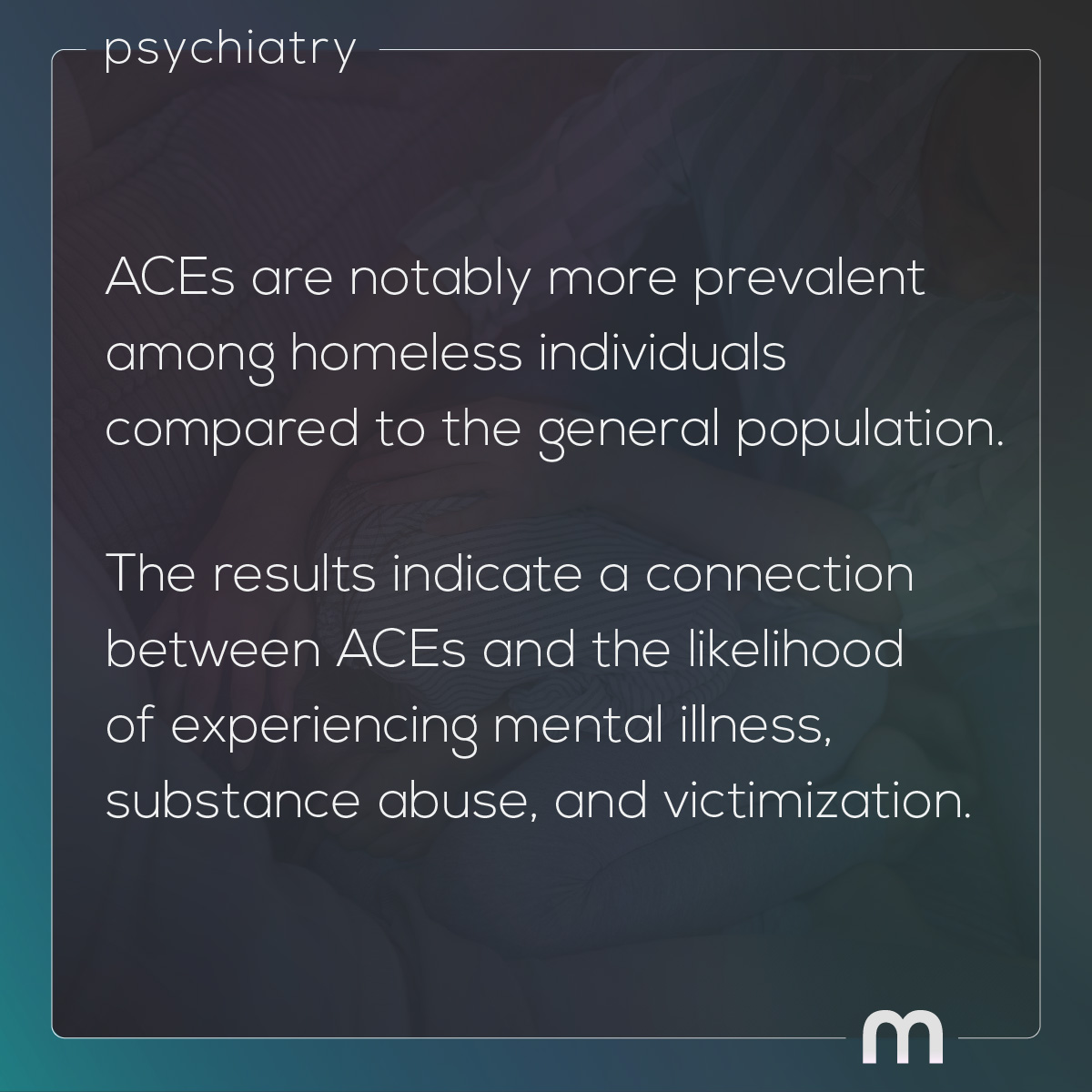
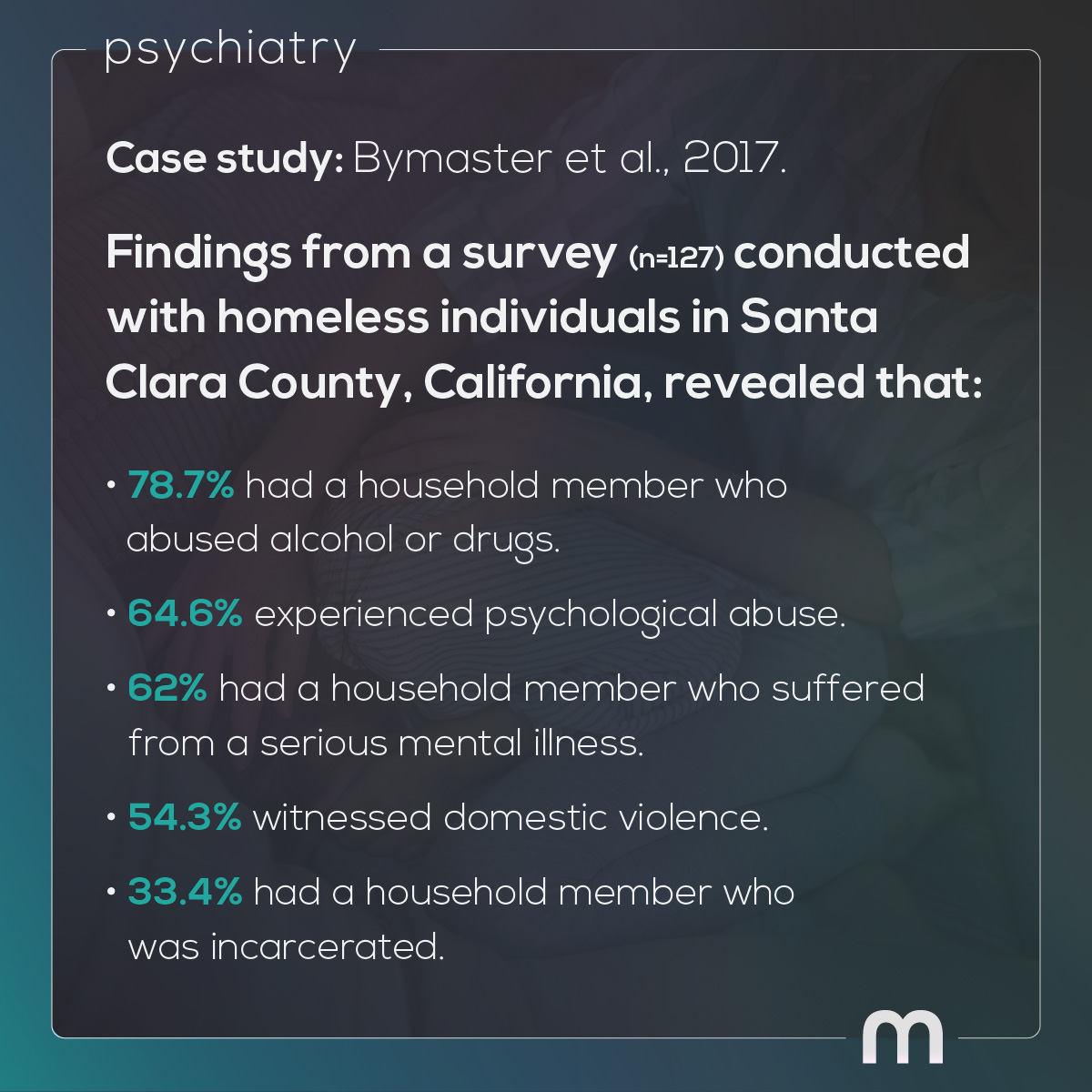
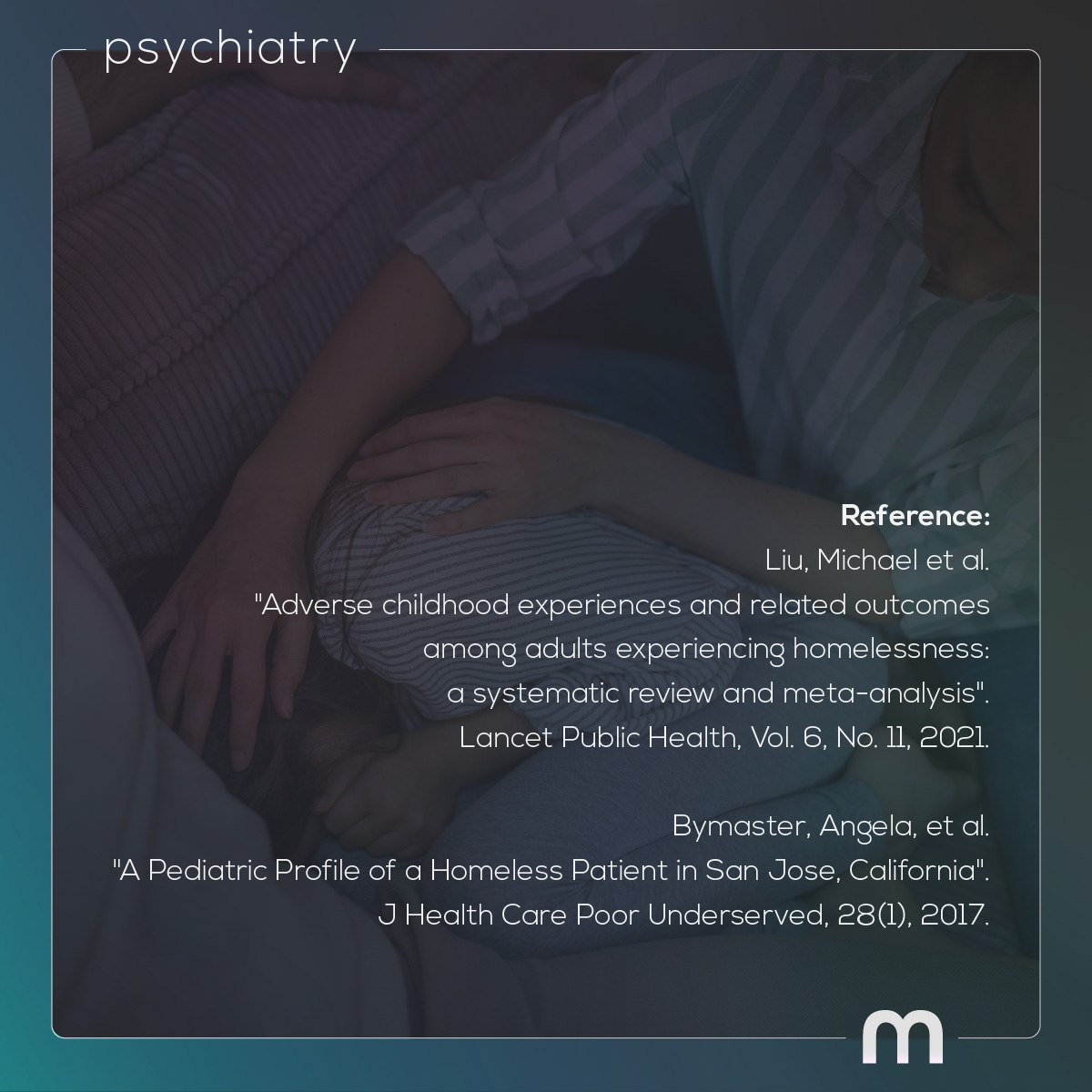

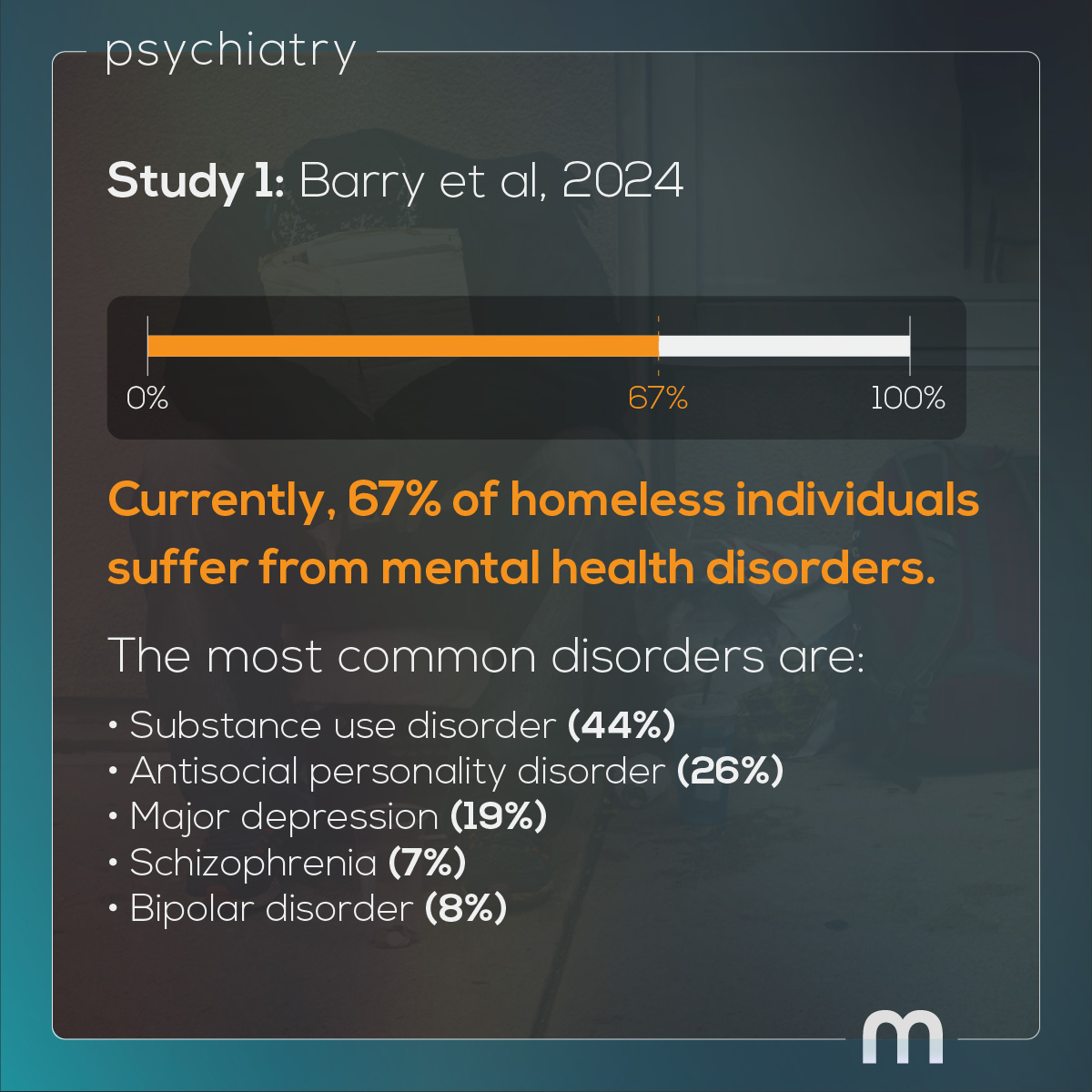

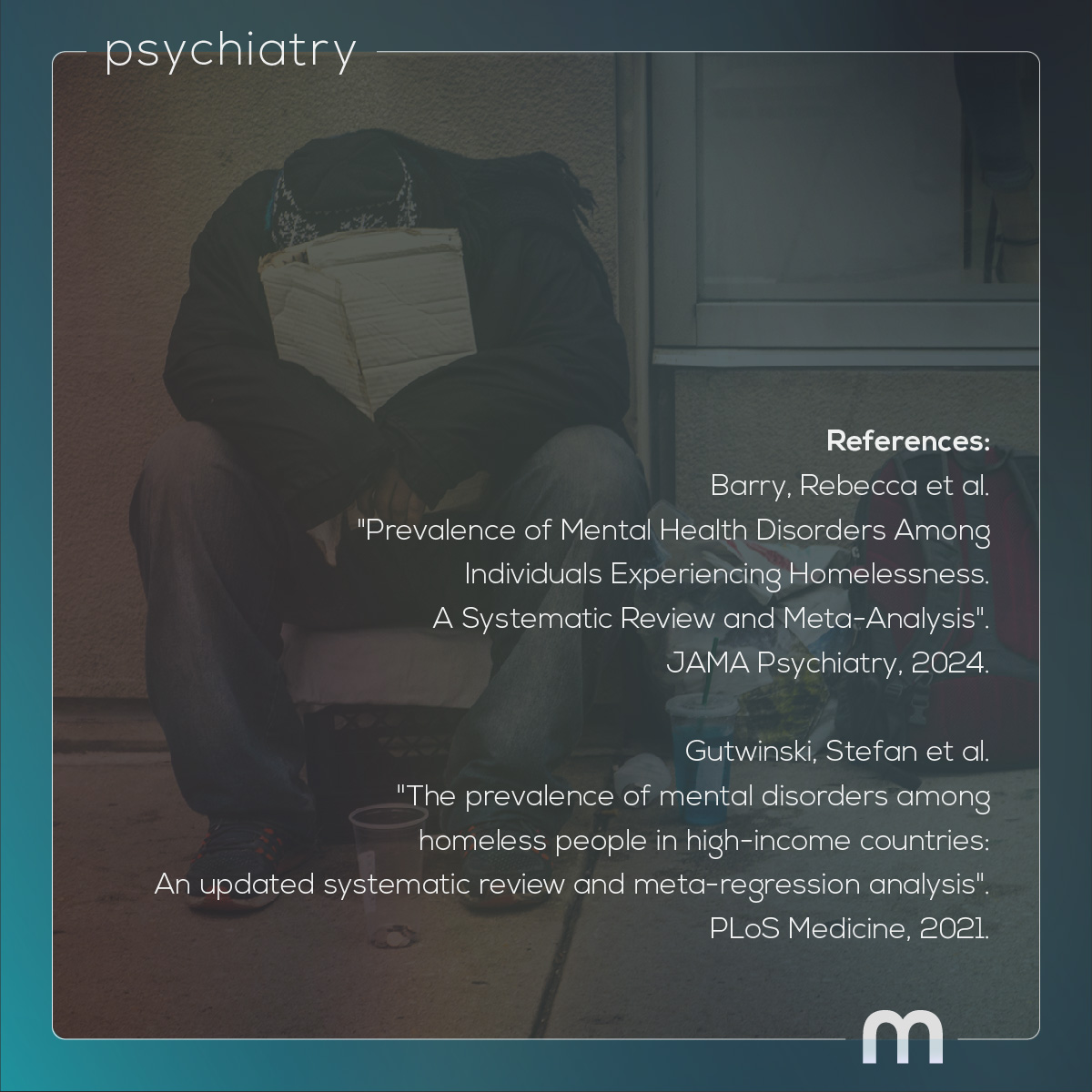
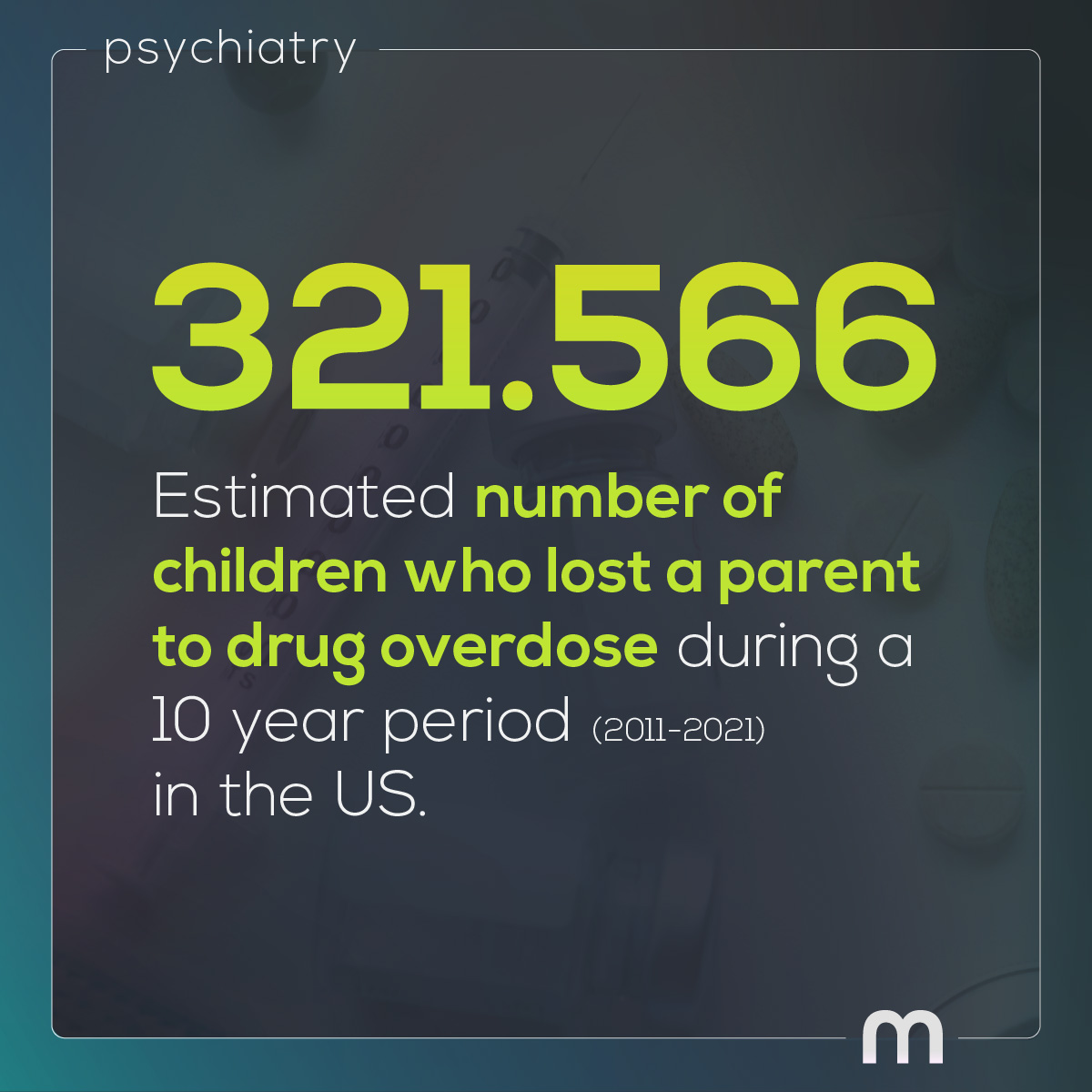
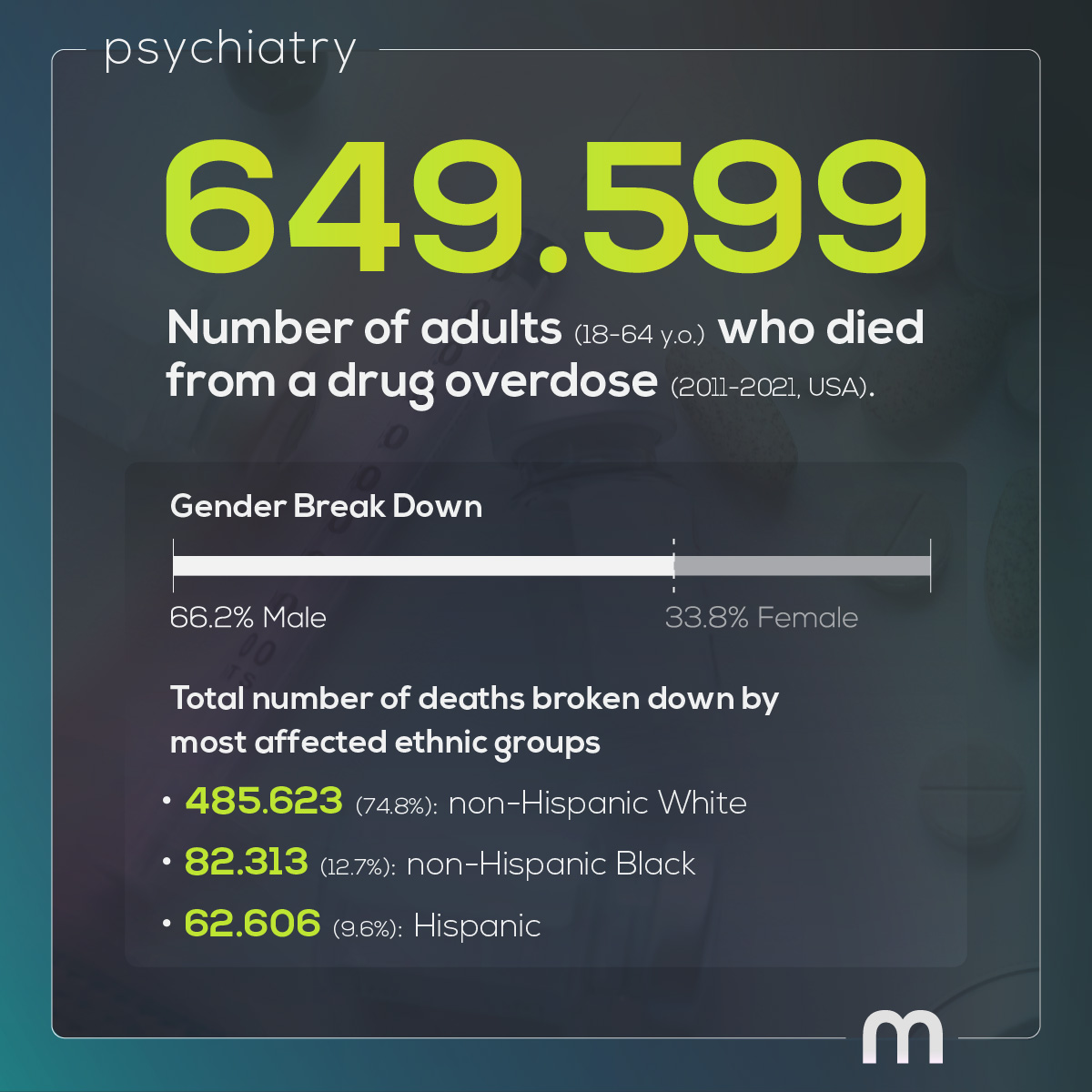
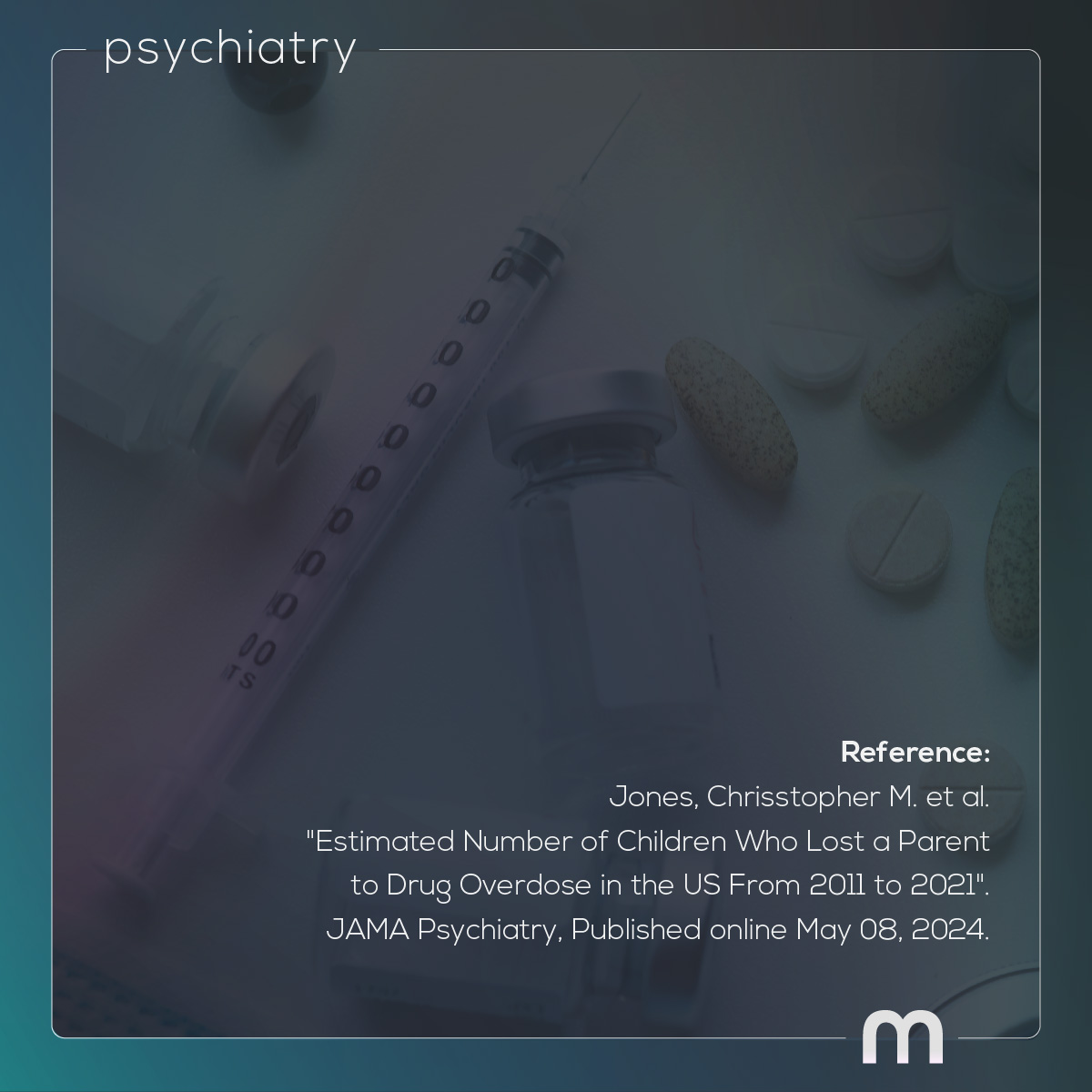
Environmental Science
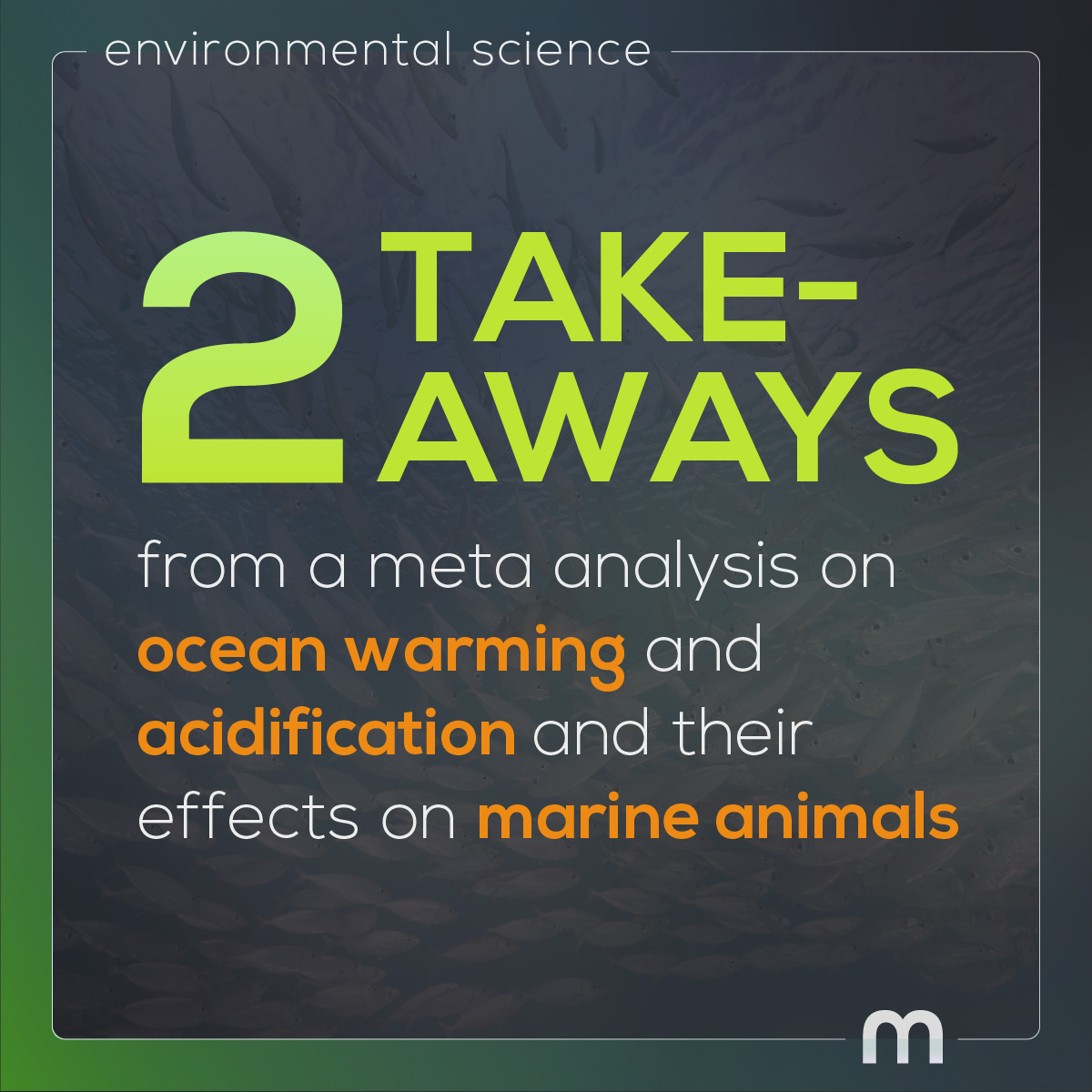

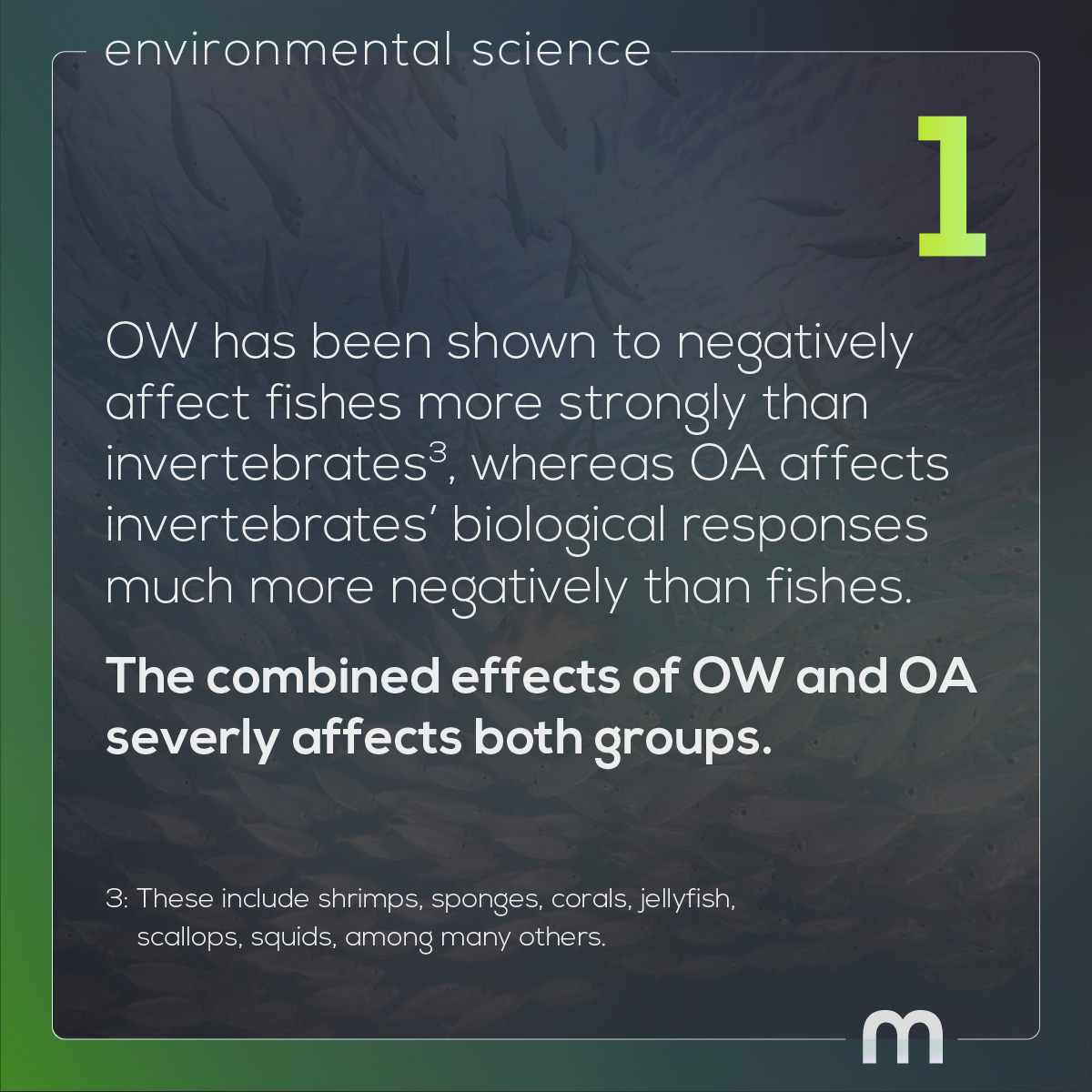



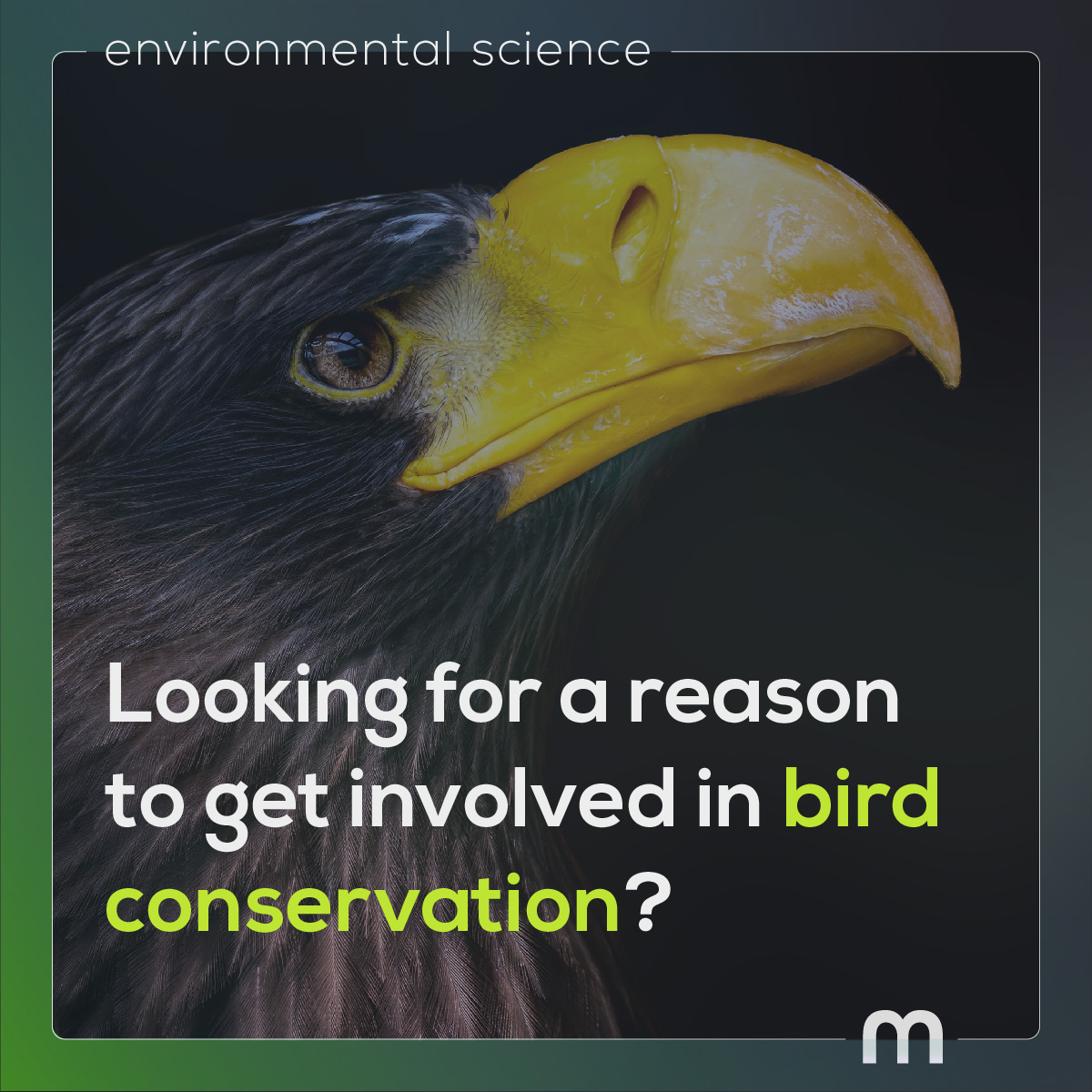

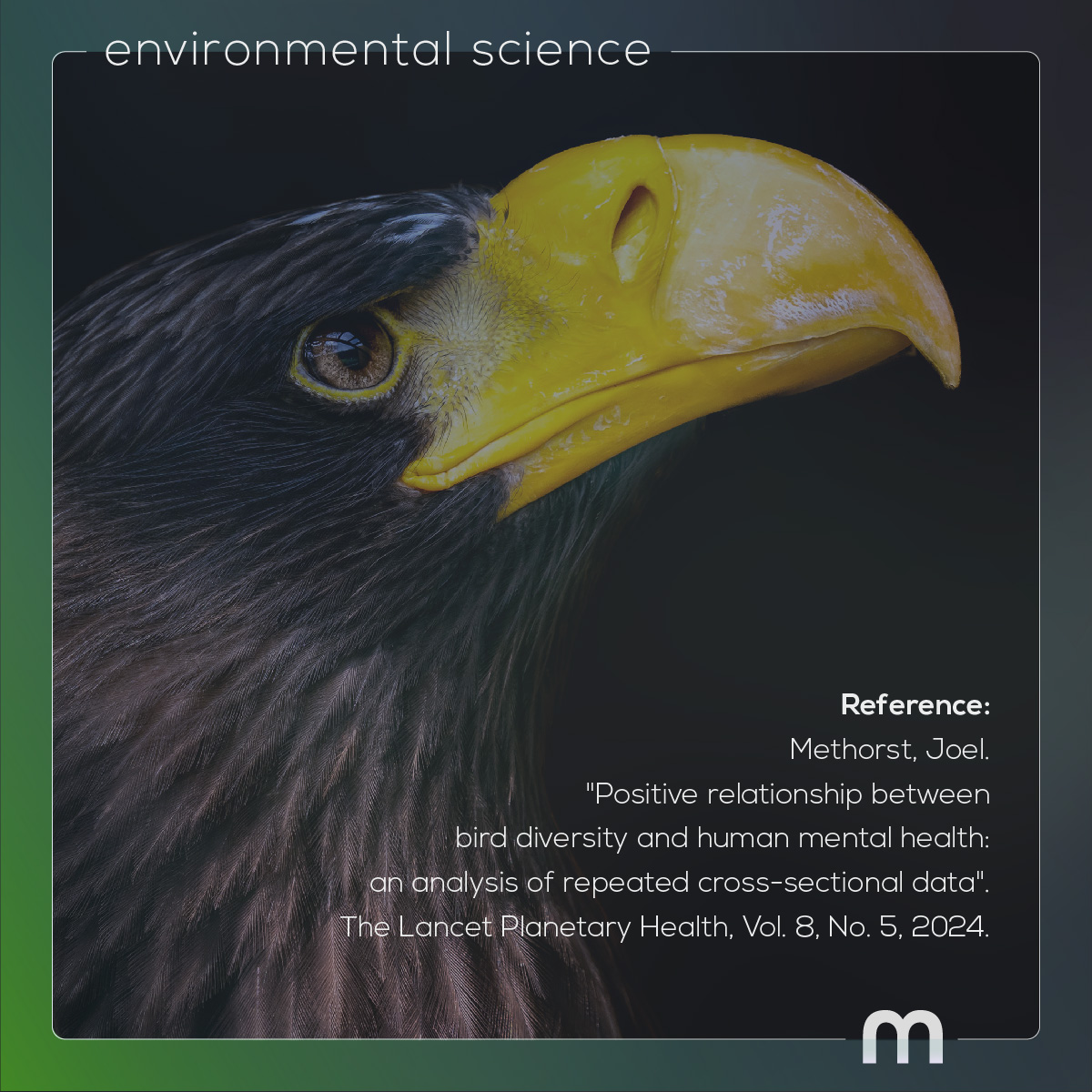
What is heterogeneity in meta-analysis?
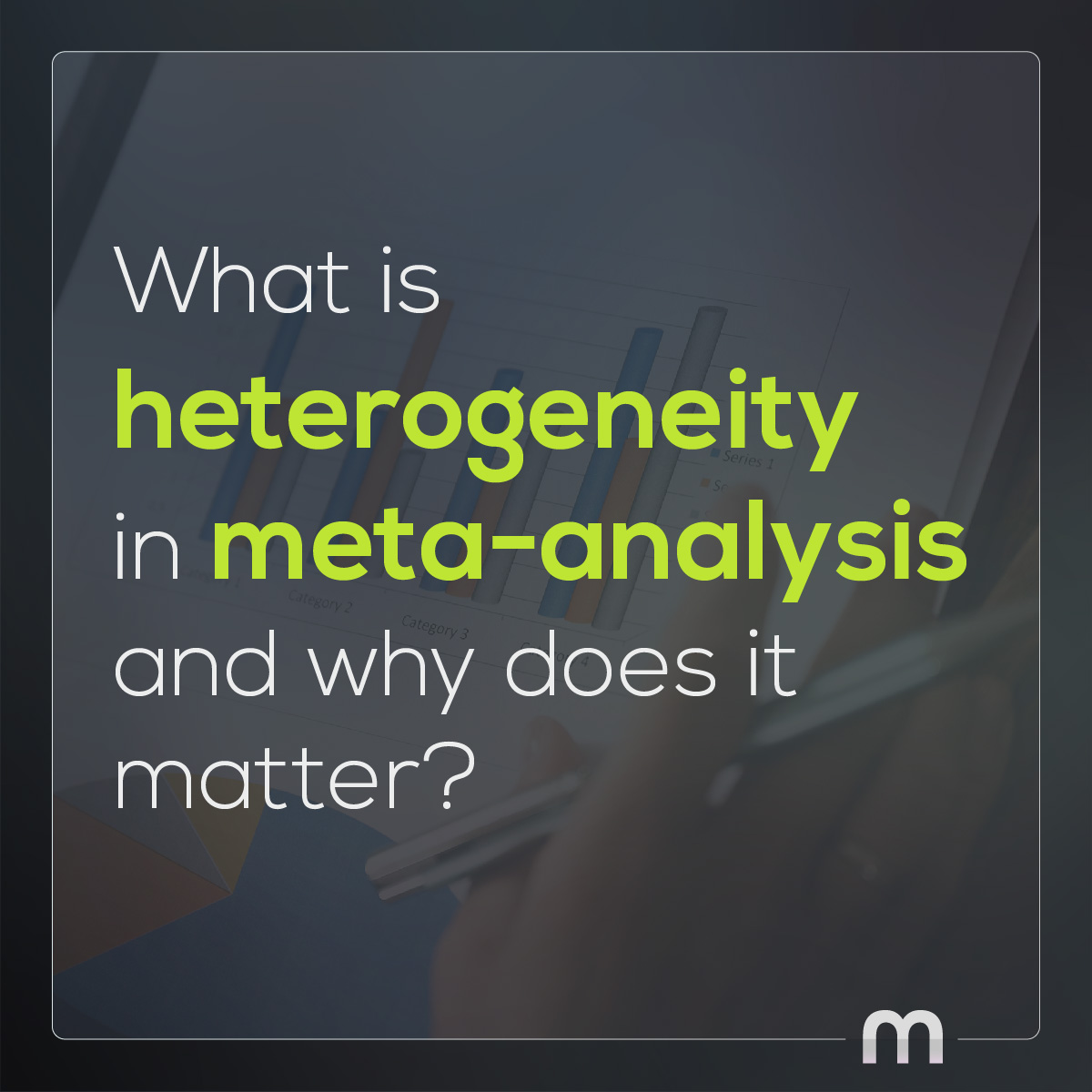


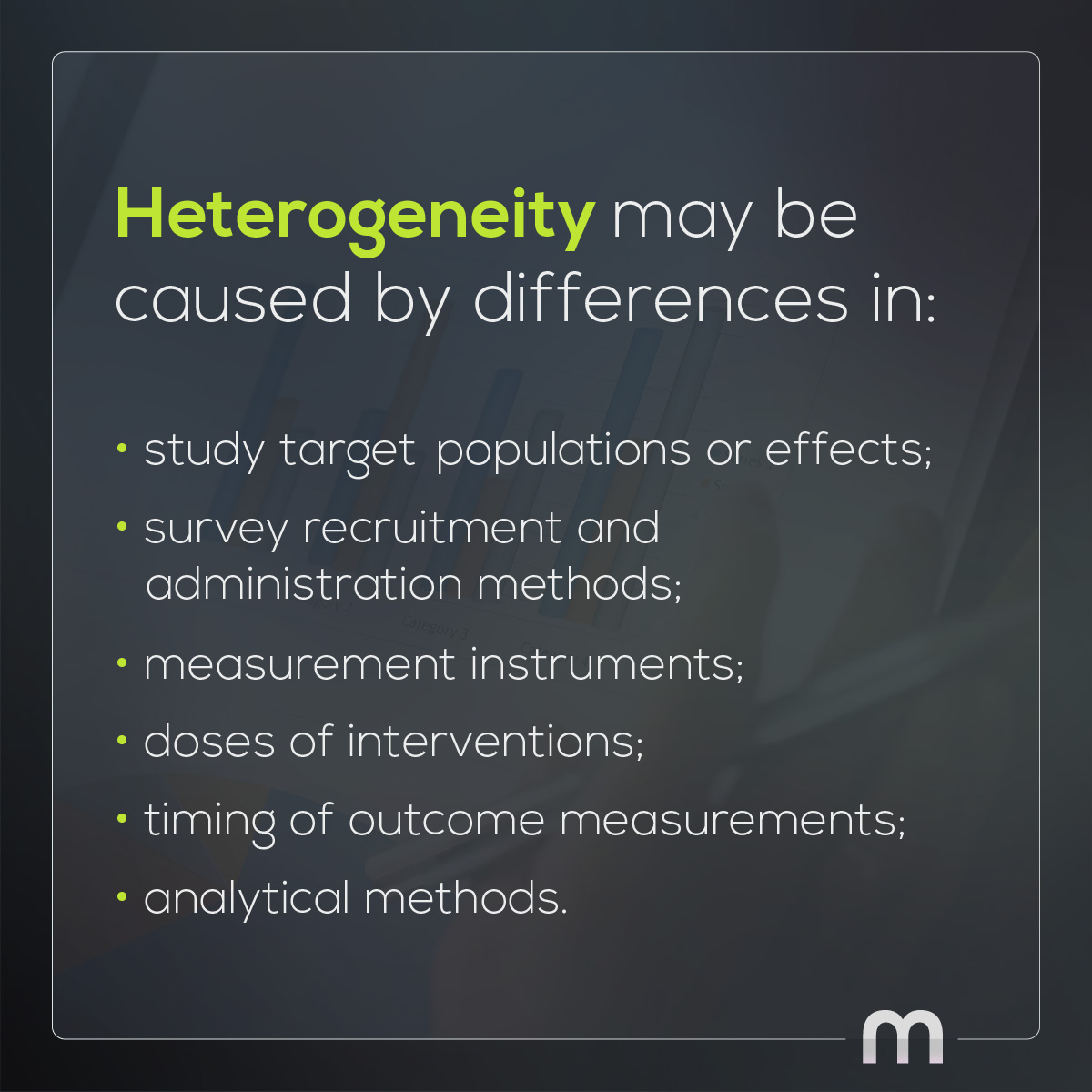
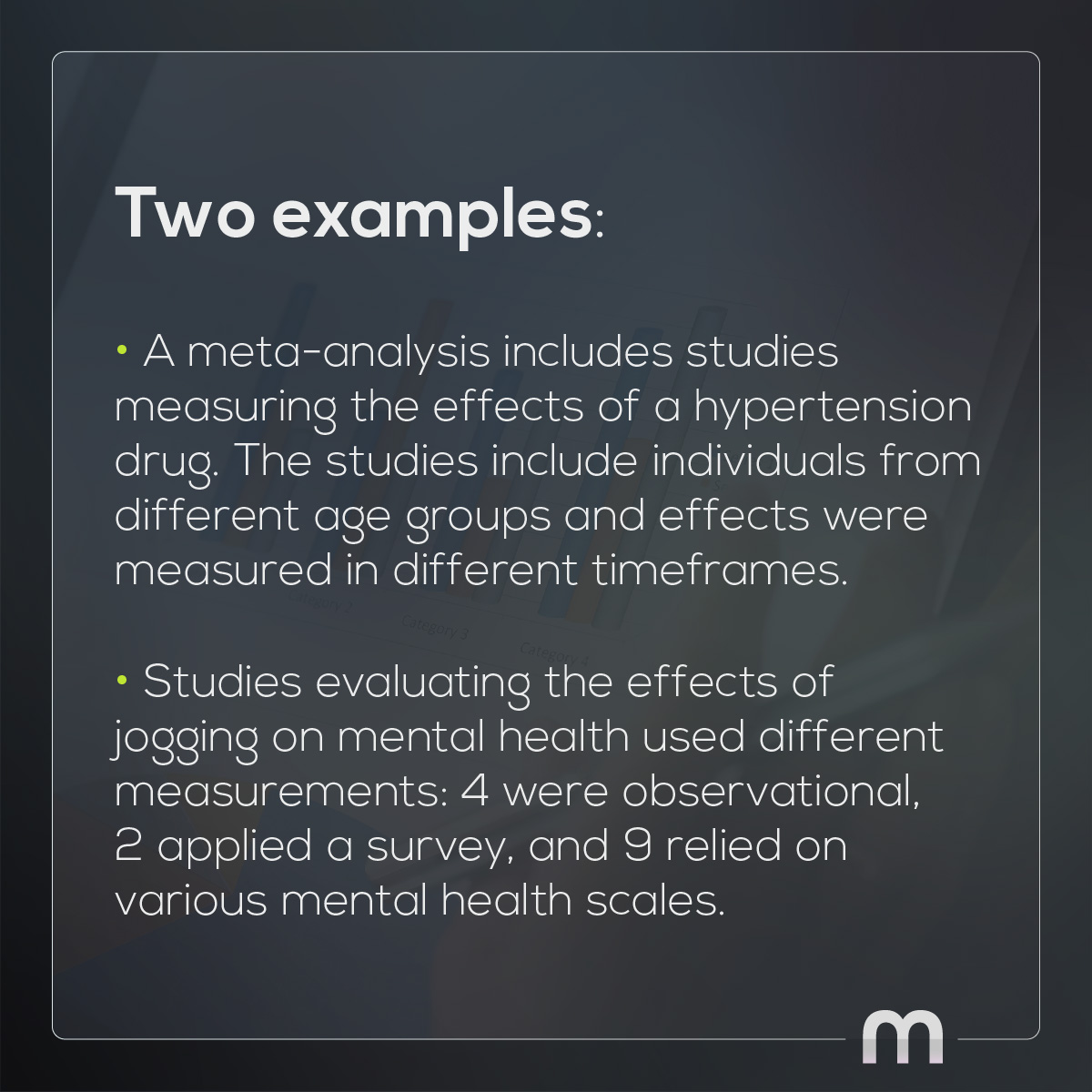
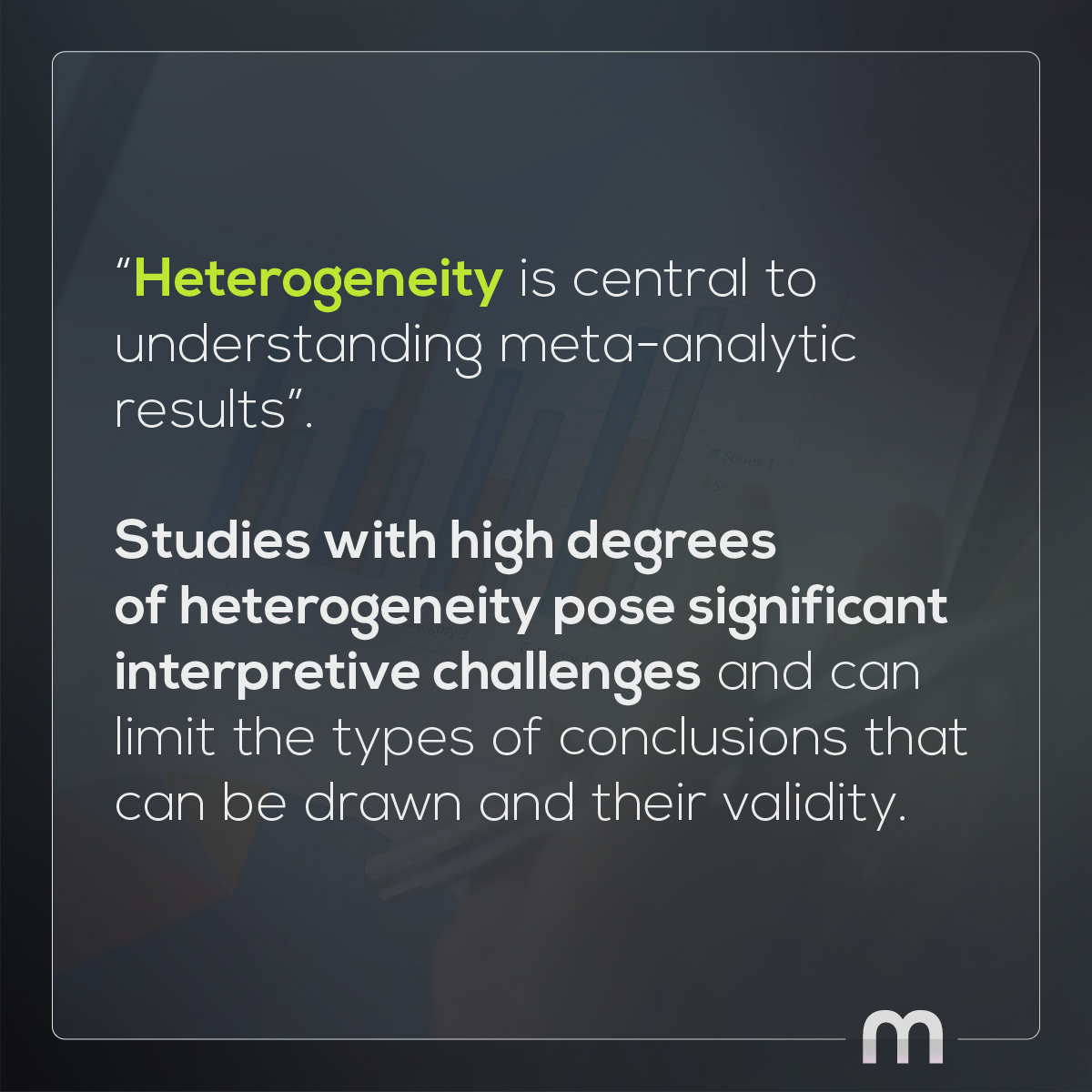
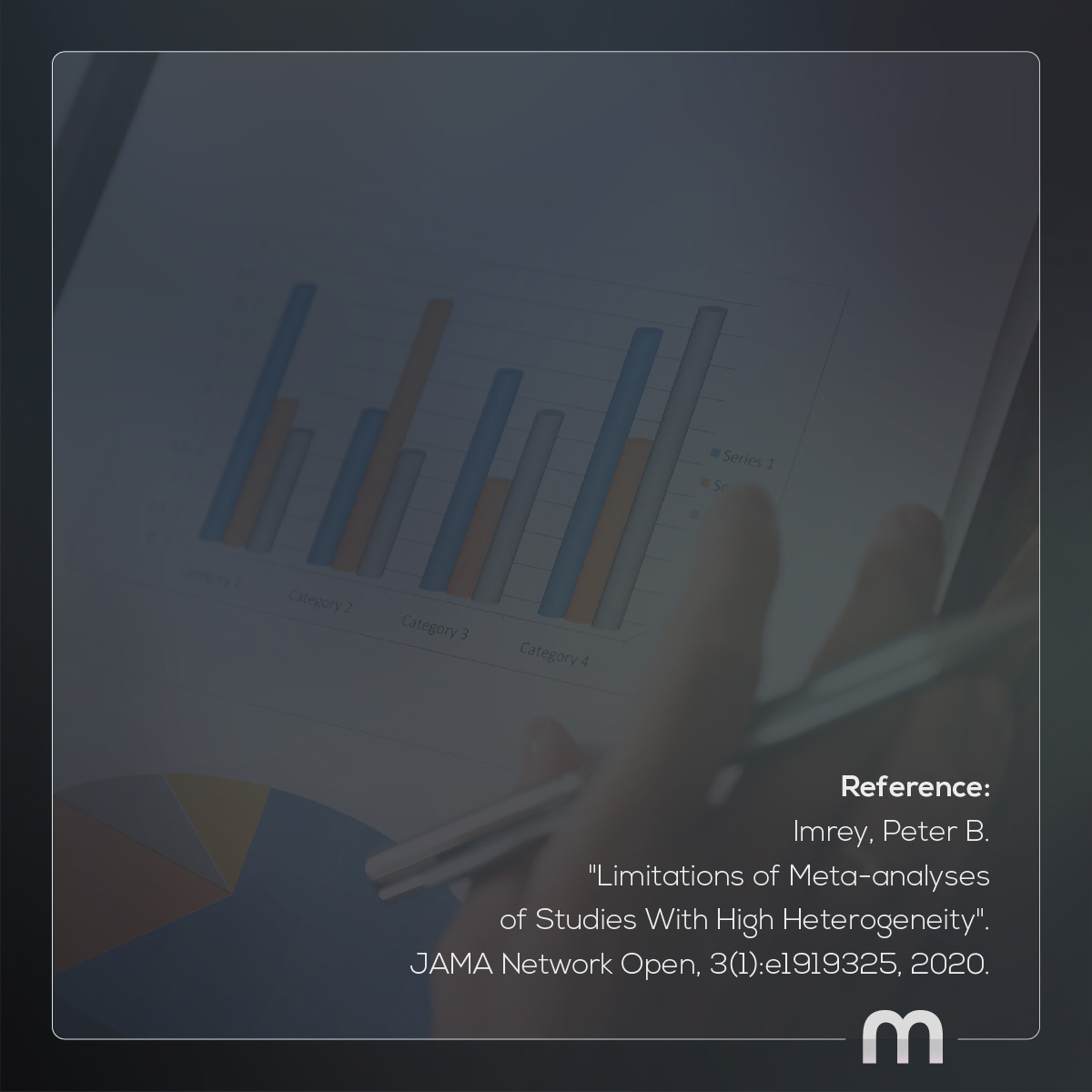
Meta-analysis is an important tool for drawing conclusions about a body of research.
But... not all research aiming to answer the same or similar research question is conducted in the same exact way.
Differences in participants recruitment methods, instruments, sampling method, analytical methods and more can introduce what is called heterogeneity, or variation on target parameters.
Understanding the concept of heterogeneity is important because studies with high degrees of heterogeneity pose significant interpretive challenges and can limit the types of conclusions that can be drawn as well as their validity.
If you are reading a published meta-analysis on any topic, make sure to check the "limitations" section of the paper as well as the author(s)' explanation of the heterogeneity present in the study and how it can affect the study's conclusions.
#science #statistics #metaanalysis #education #mobilization
But... not all research aiming to answer the same or similar research question is conducted in the same exact way.
Differences in participants recruitment methods, instruments, sampling method, analytical methods and more can introduce what is called heterogeneity, or variation on target parameters.
Understanding the concept of heterogeneity is important because studies with high degrees of heterogeneity pose significant interpretive challenges and can limit the types of conclusions that can be drawn as well as their validity.
If you are reading a published meta-analysis on any topic, make sure to check the "limitations" section of the paper as well as the author(s)' explanation of the heterogeneity present in the study and how it can affect the study's conclusions.
#science #statistics #metaanalysis #education #mobilization
3 Strategies to increase confidence in research
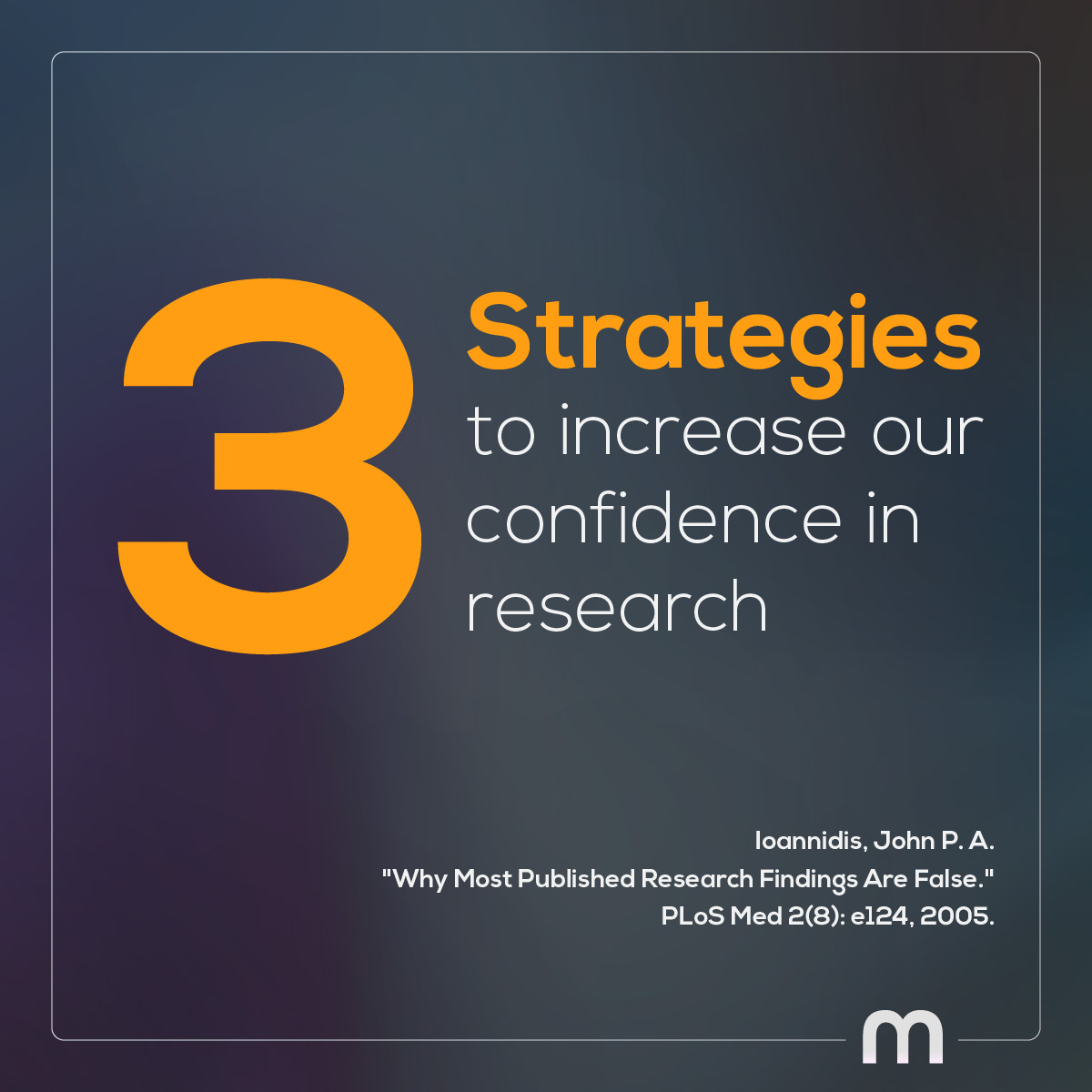

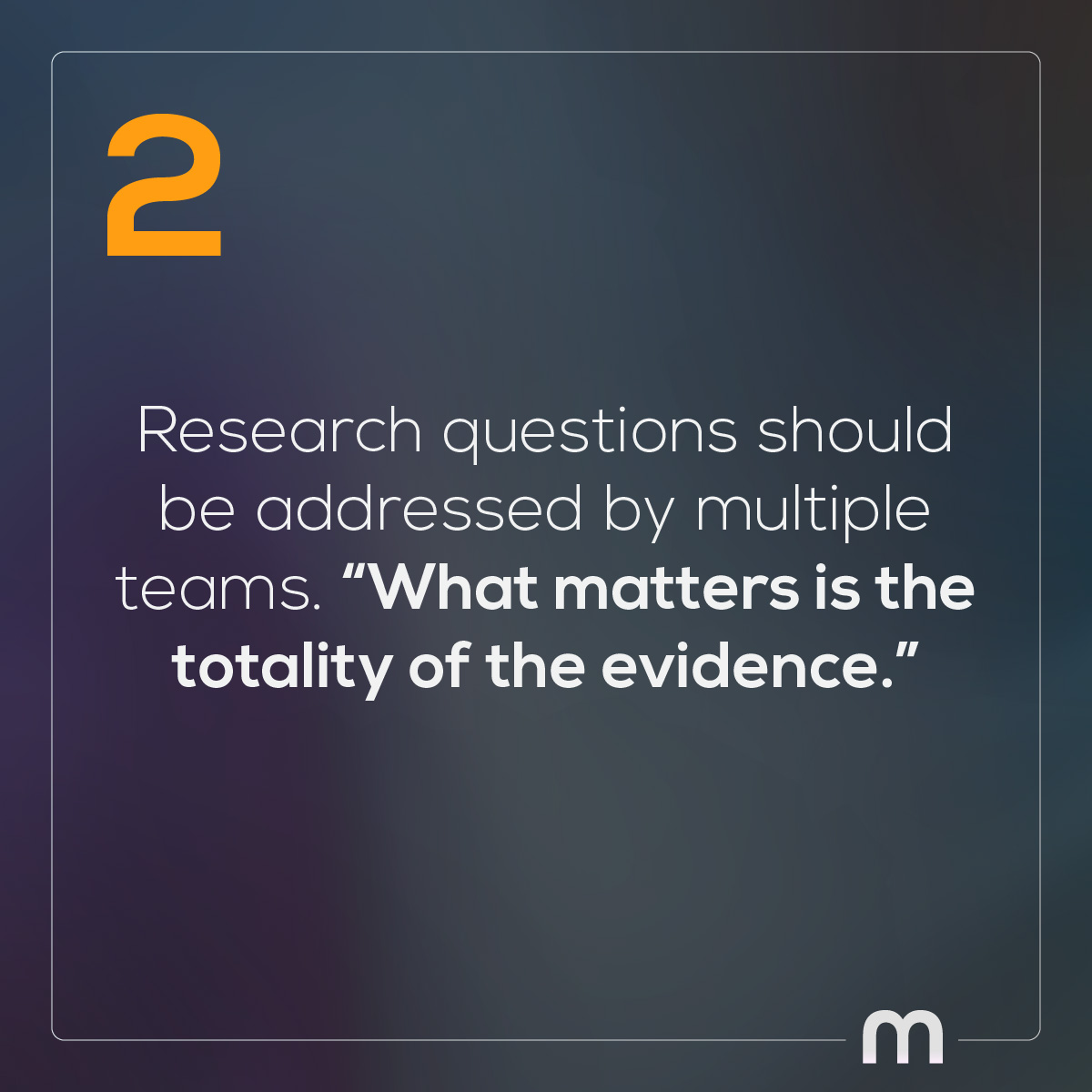
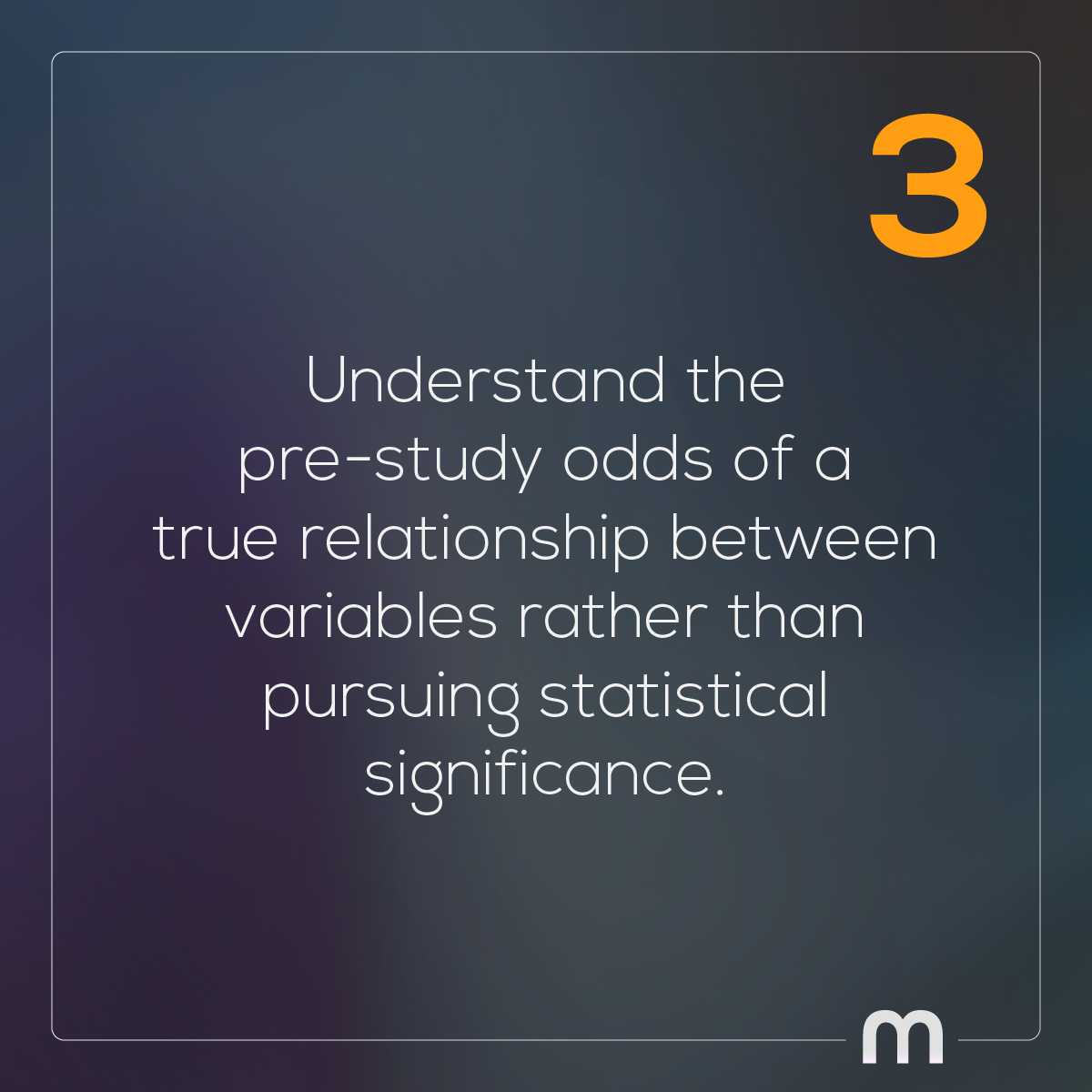
John Ioannidis' paper "Why Most Published Research Findings Are False" was an influential study published by @plosjournals in 2005. In it, the author designed models to predict whether research findings are actually true or not and claimed what was stated in the very title of his paper. His claims caused many debates in scientific communities - debates that last to this day with later studies (the two Reproducibility Projects, for example) eventually suggesting that we may be facing a crisis in science due to research findings that do not replicate.
Ioannidis proposed three ways of improving the situation that his models had predicted and these are the main focus of this post.
#science #sciencecommunication #research #reproducibility #replication
Ioannidis proposed three ways of improving the situation that his models had predicted and these are the main focus of this post.
#science #sciencecommunication #research #reproducibility #replication
About “Mobilize Science”

Guided by principles taken from Open Science and Open Access (transparency and openness), Mobilize Science aim to expand the reach of scientific knowledge beyond the boundaries of where and to/by whom such type of information is traditionally produced, shared and consumed.
To do so, Mobilize Science retrieve, synthesize and share results from research published in high-impact and relevant journals with the goal of disseminating research and extending its reach and impact outside of academia. Special emphasis is given to meta-analysis, literature reviews, and high-powered studies.
Scientific knowledge has the power to transform how we view and understand our reality(ies) and be a force towards the adoption of new and improved actions and behaviors by individuals and groups.
To do so, Mobilize Science retrieve, synthesize and share results from research published in high-impact and relevant journals with the goal of disseminating research and extending its reach and impact outside of academia. Special emphasis is given to meta-analysis, literature reviews, and high-powered studies.
Scientific knowledge has the power to transform how we view and understand our reality(ies) and be a force towards the adoption of new and improved actions and behaviors by individuals and groups.


